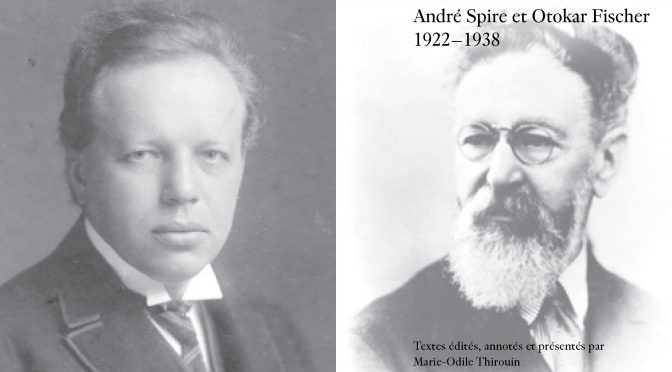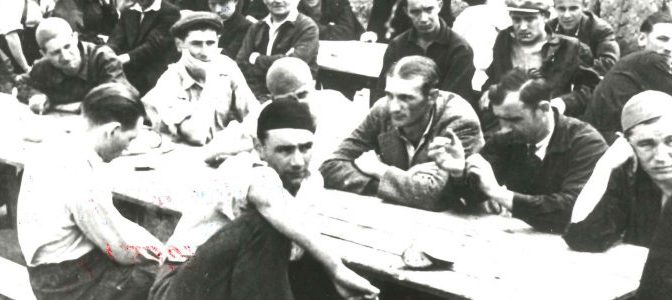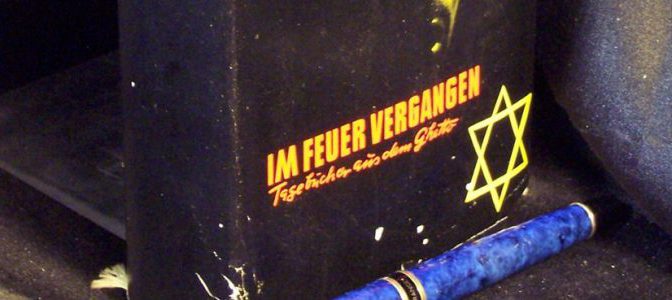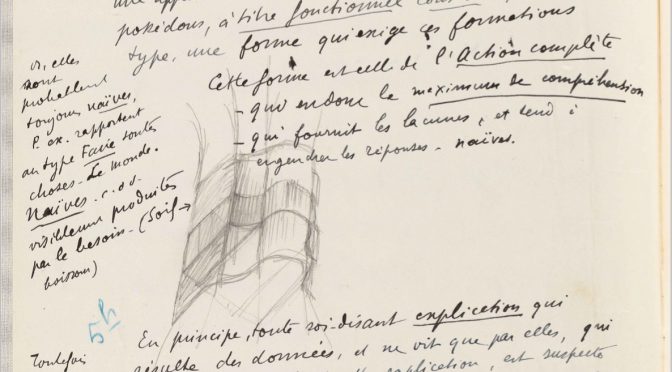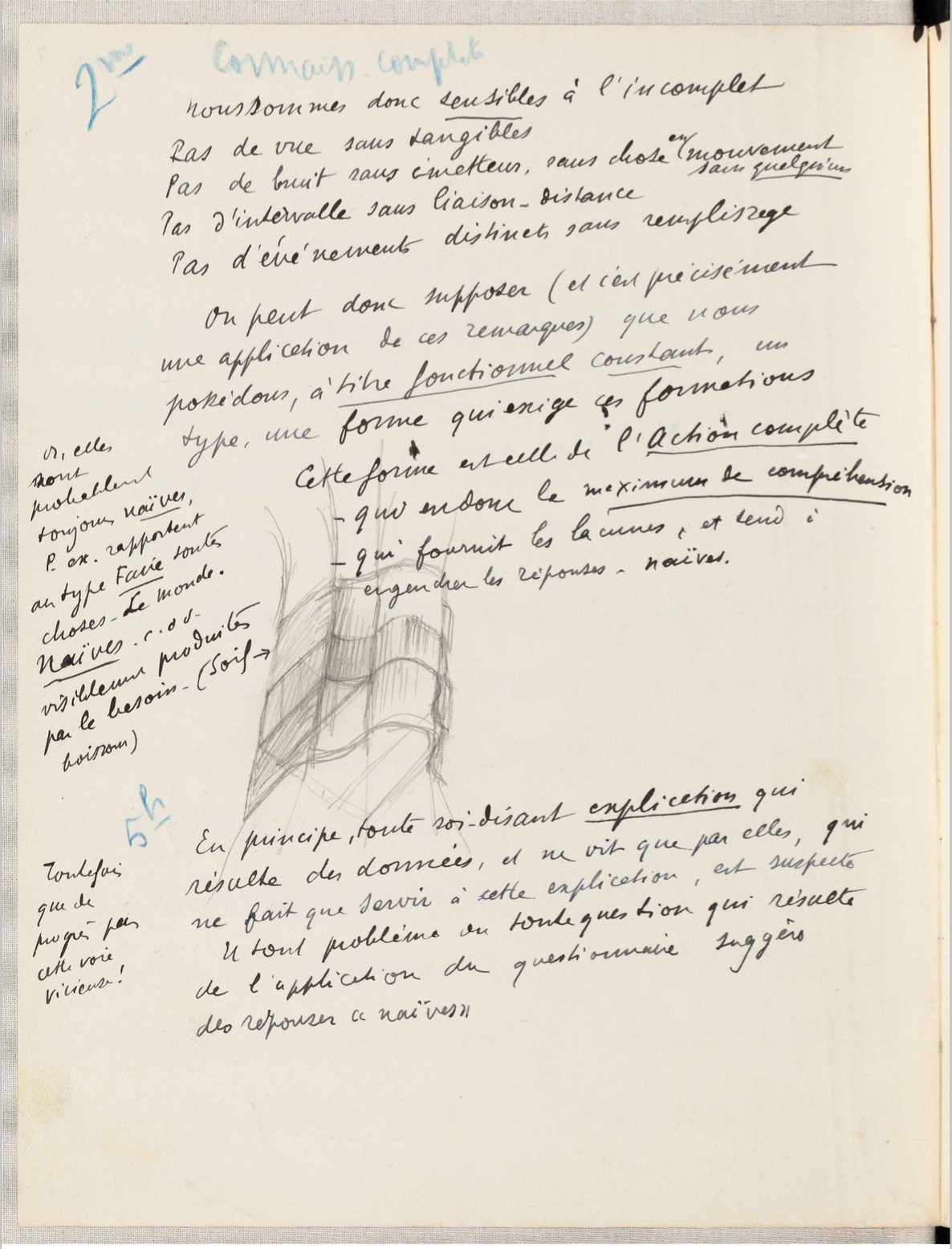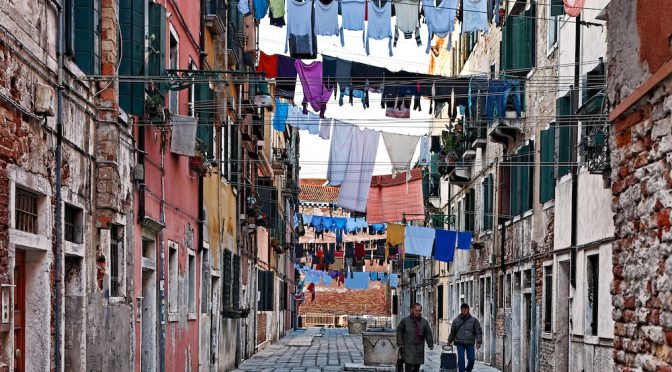This international conference will bring together in Prague researchers from different European countries. One of its main purposes is to create a Central European network of scholars dealing with the topic of the human-animal relations across disciplines.
Organizers: Dr. Chiara Mengozzi (CEFRES & FF UK) & Dr. Anna Barcz (University of Bielsko-Biala in Poland)
Language: English
Program
7 February 2017 – French Institute in Prague
French Institute in Prague, Štĕpánská 35, 5th floor
5:00-5:30 Welcome speech by the organizers, Chiara Mengozzi (CEFRES & Charles University) and Anna Barcz (University of Bielsko-Biala)  5:30-7:00
5:30-7:00
Lecture by Anne Simon (CNRS/EHESS): Literature and Animal Expressiveness: of the Cognitive and Ethic Aspects of Zoopoetics
8 February 2017 – CEFRES
Na Florenci 3, 3rd floor, conference room
Panel I Animals’ Biography, History and Microhistory
Chair: Lucie Storchová (Charles University)
9:00-9:20 Maria Gindhart (Georgia State University): Animals and Humans in Belle Époque Postcards from the Jardin des Plantes Menagerie
9:20-9:40 Violette Pouillard (Wiener-Anspach Post-Doctoral Fellow, University of Oxford): Nonhuman Animals as Objects or Individuals? A History of Primates at the London Zoo from 1828 to the Present Time
9:40-10:00 Discussion
10:00-10:20 Coffee Break
Panel II Literary Lines I
Chair: Alice Flemrová
10:40-11:00 Chiara Mengozzi (CEFRES-Charles University, Prague): The Blind Spot of the Plot: Thinking Beyond Human with Karel Capek
11:00-11:20 Matilde Accurso Liotta (University of Pisa): The Renegotiation of the Human-Animal Line in Anna Maria Ortese’s L’iguana
11:20-11:40 Discussion
Lecture
11:40-12:50 Lecture by Kari Weil (Wesleyan University): Animal Magnetism and Moral Dressage: Horses and Their Humans in 19th Century France
12:50-2:00 Lunch
Panel III Philosophical and sociological narratives
Chair: Ondřej Švec (Charles University)
2:00-2:20 Kári Driscoll (Utrecht University): ‘Une langue ou une musique inouïe, assez inhumaine…’: Narrative Voice and the Question of the Animal
2:20-2:40 Michał Krzykawski (University of Silesia): Animal, Number
2:40-3:00 Tereza Vandrovcová (University of New York in Prague): Moral Evolution Toward the Earthlings: A Sociological Approach
3:00-3:20 Discussion
3:20-3:40 Coffee Break
Panel IV Visual Line I
Chair : Anna Barcz (University of Bielsko-Biala)
3:40-4:00 Olivier Vayron (Paris-Sorbonne University): From Frémiet to Kipling: the Orangutan on the Fringe of Mankind
4:00-4:20 Fae Brauer (University of East London): Becoming Simian: Creative Evolution and Interspecies Modernism
4:20-4:40 Discussion
9 February 2017 – French Institute in Prague
French Institute in Prague, Štĕpánská 35, 5th floor
Panel V Human-Animal History
Chair: Kari Weil
9:00-9:20 Quentin Montagne (University of Rennes 2): Seeing Eye to Eye, Through a Glass Clearly ? The Blurring of the Boundary Between Humans and Animals
9:20-9:40 Anna Barcz (University of Bielsko-Biala): Visualising Human-Animal Bond during the Flood 1997/2010 in Poland
9:40-10:00 Discussion
10:00-10:20 Coffee Break
Panel VI Visual Lines II
Chair: Clara Royer (CEFRES)
10:20-10:40 Concepción Cortés Zulueta (Autonomous University of Madrid): Cameras that Pose as Animals: Imagining Non-human Animals through the POV Shot
10:40-11:00 Discussion
Lecture
11:20-12:30 Lecture by Éric Baratay (Jean Moulin Lyon III University): Writing Biographies on Animals (in French, with simultaneous translation)
12:30-1:30 Lunch
Panel VII Literary Lines II
Chair: Richard Müller (Czech Academy of Sciences)
1:30-1:50 Anita Jarzyna (Adam Mickiewicz University, Poznań): Laika’s Lullaby
1:50-2:10 Nicolas Picard (University of Paris III): Hunt Practices: In Quest of Animal Existences
2:10-2:30 Eva Beránková (Charles University, Prague): Animals As Victims and Monsters at the Age of Decadence
2:30-2:50 Discussion
2:50-3:10 Coffee Break
Panel VIII Animals in Pop Culture
Chair: Anne Simon (CNRS / EHESS)
3:10-3:30 Lenka Svobodová, Ondřej Krajtl (Masaryk University): Animal Monster as a Representation of Contemporary Culture
3:30-3:50 Catherine du Toit (University of Stellenbosch): It is not for the Pig to Call the Sheep Pen Dirty. Identity and Animality in Multiethnic Crime Fiction
3:50-4:10 Discussion
Session IX Literary Lines III
Chair: Jan Matonoha (Czech Academy of Sciences)
4:10-5:30 Jana Gridneva (Charles University, Prague): Liminal Creatures: Representing Animals in Ulysses
4:30-4:50 Jonathan Pollock (University of Perpignan): From Becoming-Animal to Being a Beast. Literary Experiments in Crossing the Species Divide
4:50-5:10 Enrico Riccardo Orlando (Ca’ Foscari University, Venice): Between Silence and Effusiveness: Garnett’s Fox and Bacchelli’s Tuna
5:10-5:30 Discussion
 Closing
Closing
Scientific committee
Éric Baratay (Jean Moulin Lyon 3 University), Anna Barcz (University of Bielsko-Biala), Jakub Čapek (Charles University), Chiara Mengozzi (CEFRES – Charles University), Anne Simon (CNRS/EHESS), Petr Urban (Czech Academy of Sciences)
See the call for papers here

